2025
News list
-
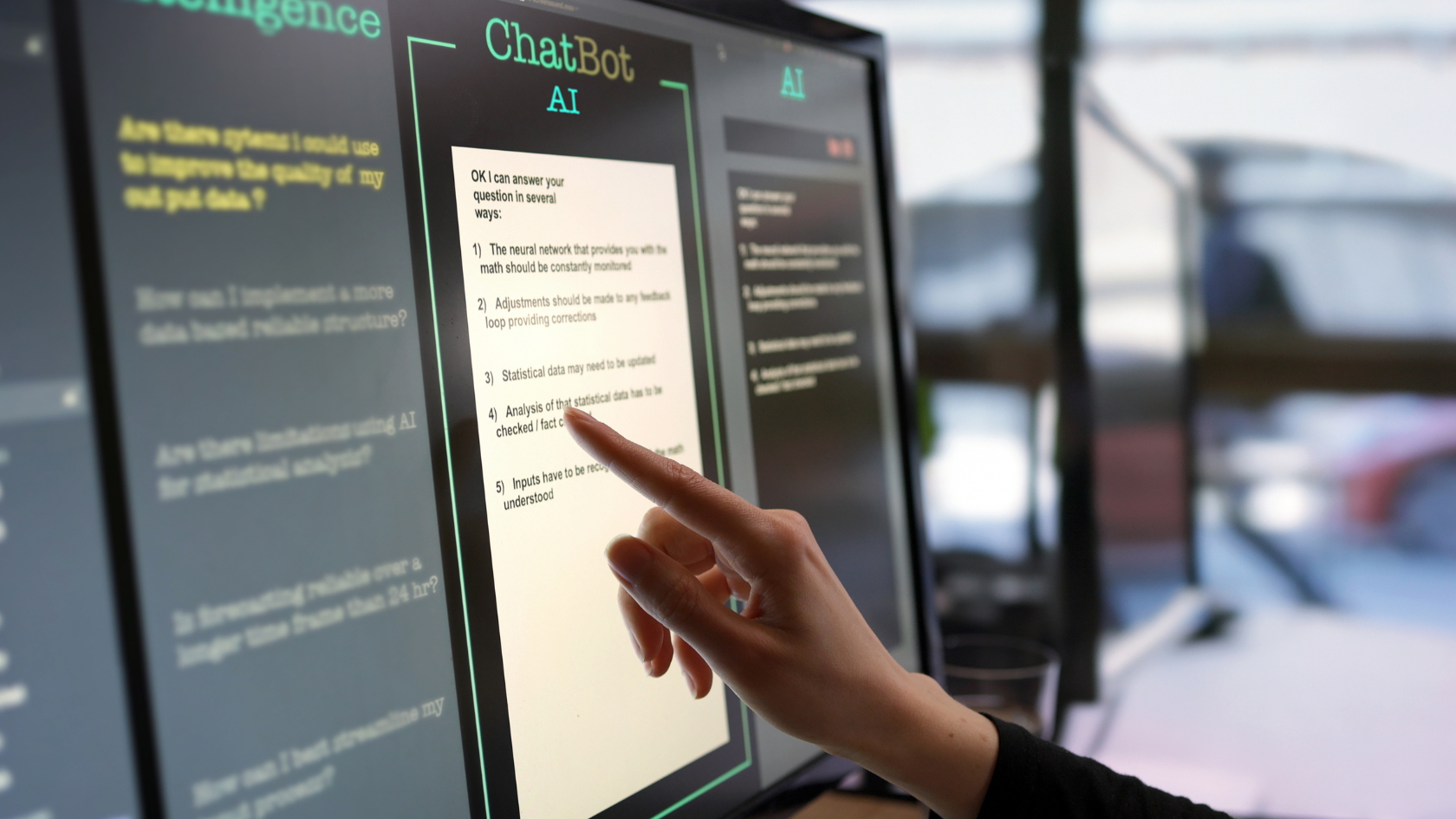
AI evaluates texts without bias—until source is revealed
Large Language Models change their judgment depending on who they think wrote a text, even when the content stays identical. The AI systems are strongly biased against Chinese authorship but generally trust humans more than other AIs. The authors of the UZH-study call for more transparency and governance.
-
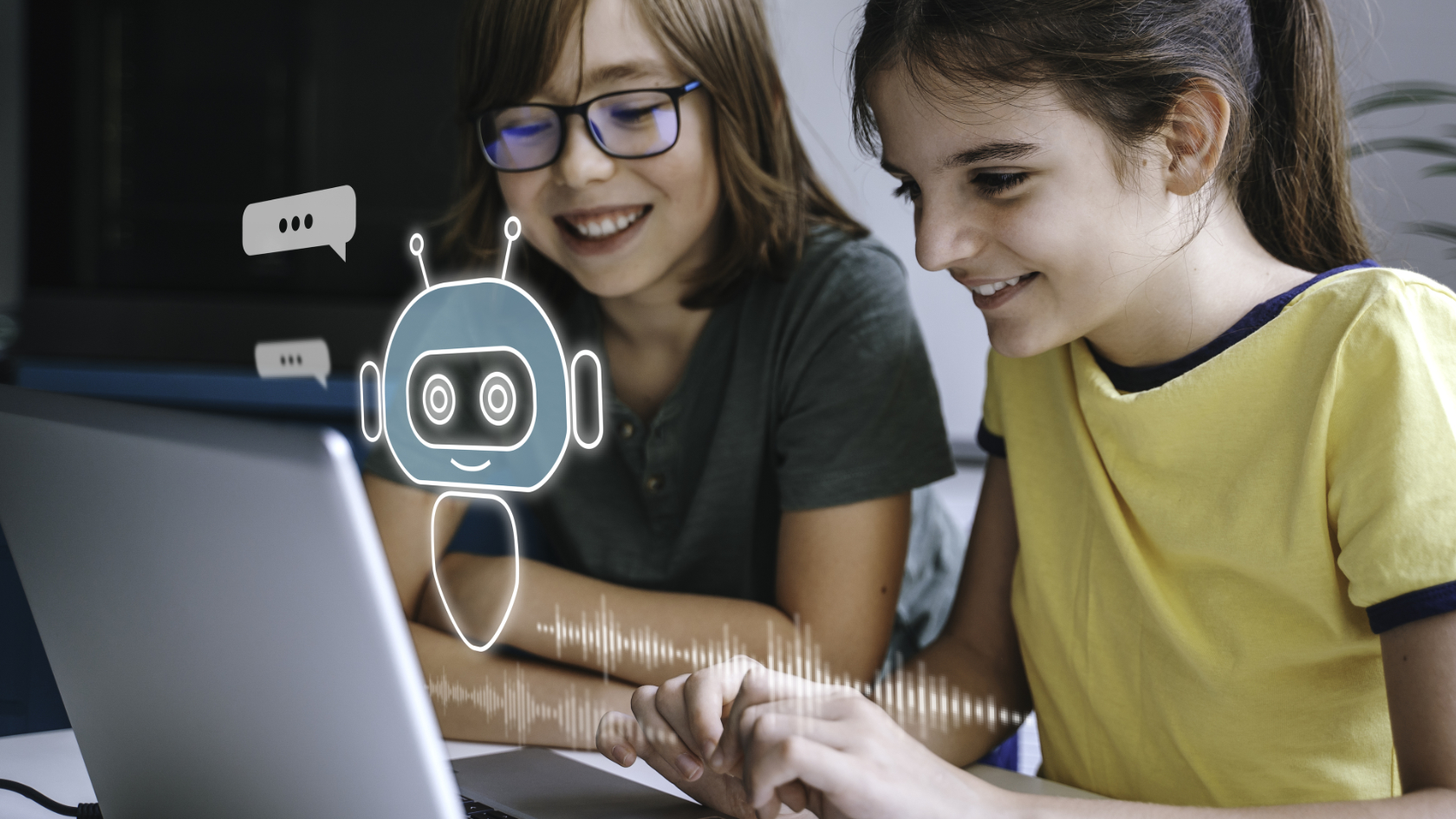
AI Widening Digital Divide between Generations
Artificial intelligence is increasingly taking root in everyday life. Most people in Switzerland are worried about AI and the next generation of digital technology, but those who regularly use AI are more sanguine about it. While the youngest spend more time online than they would like to, older people and those with little digital literacy are falling behind, according to the latest data from a representative long-term study being conducted by the University of Zurich.
-

DSI Insights: AI in psychotherapy
In the latest column in the «DSI Insights» series, philosopher and ethicist Jana Sedlakova asks what role conversational artificial intelligence should play in mental health care—and makes a recommendation.
-

Using AI Responsibly
Artificial intelligence (AI) is permeating more and more areas of life. Scientists at the University of Zurich (UZH) are developing new solutions, but they are also highlighting the consequences for our society. At the AI+X Summit, UZH researchers will be presenting their projects.
-
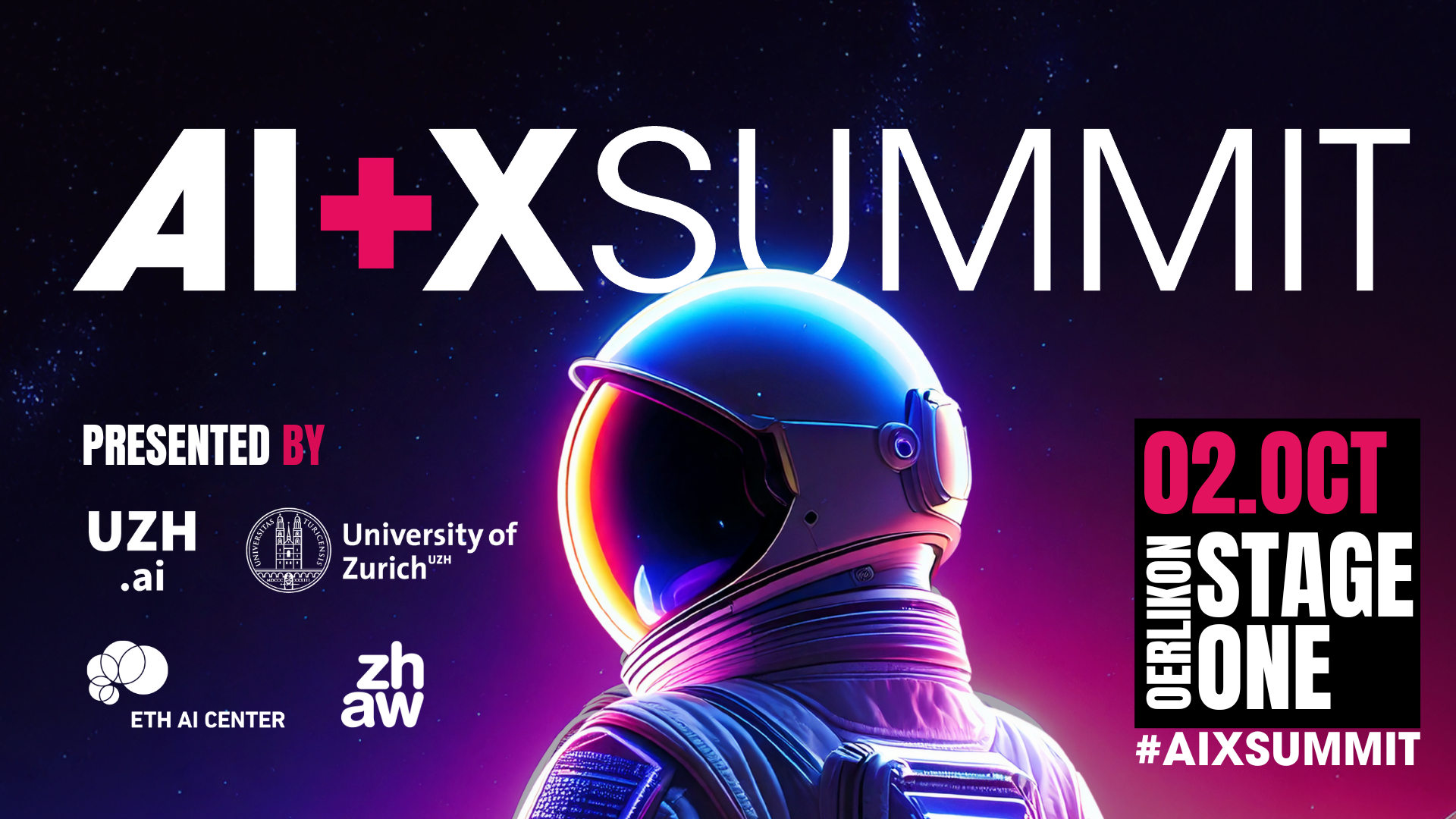.png)
UZH.ai at the AI+X Summit 2025
On October 2, Zurich becomes the center of the AI world at the AI+X Summit, co-organized by UZH.ai, the ETH AI Center, and ZHAW. With more than 2,000 participants, 150+ speakers, 50+ sessions, and 55+ exhibitors, the summit brings together researchers, students, and industry leaders to explore how AI is reshaping science, society, and the economy.
UZH colleagues benefit from a 20% discount with the code: VC-499
UZH students can apply for a FREE ticket by filling in this form: forms.office.com/e/hn9qeM7Sqb -
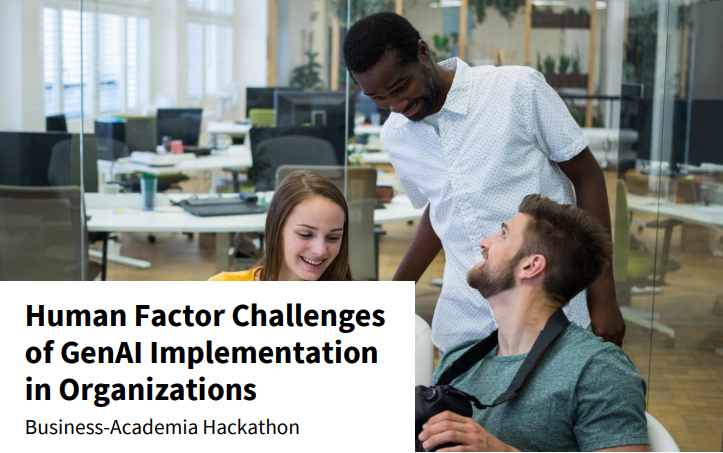
UZH.ai Hub invites organizations to join our 2026 Hackathon!
On April 8–9, 2026, at the University of Zurich, we’re teaming up with the Data Innovation Alliance for a two-day Business-to-Academia Hackathon focused on the human factors of GenAI implementation.
-Gain visibility within the UZH and Data Innovation Alliance ecosystems.
-Bring your real GenAI business challenges
-Collaborate with 40–60 interdisciplinary student innovators
-Receive actionable concepts & prototypes in just 2 days
-Access expert mentoring from academia & industry + early talent pipeline
-Benefit from clear ROI with sponsored post-hackathon coaching
Interested in becoming a company partner?
Reach out for details and sponsorship offers.
-

Clear Majority of Swiss Media Professionals Use AI Tools – But Have Reservations
A vast majority of media professionals in Switzerland use AI tools in their day-to-day work but do so mostly to support their tasks rather than produce content, according to a study by the University of Zurich. They are rather ambivalent in their assessment of the impact of AI tools on media quality, and they are in favor of introducing industry-wide standards and strengthening cooperation in the area of IT infrastructure to reduce the sector’s dependency on tech platforms.
-
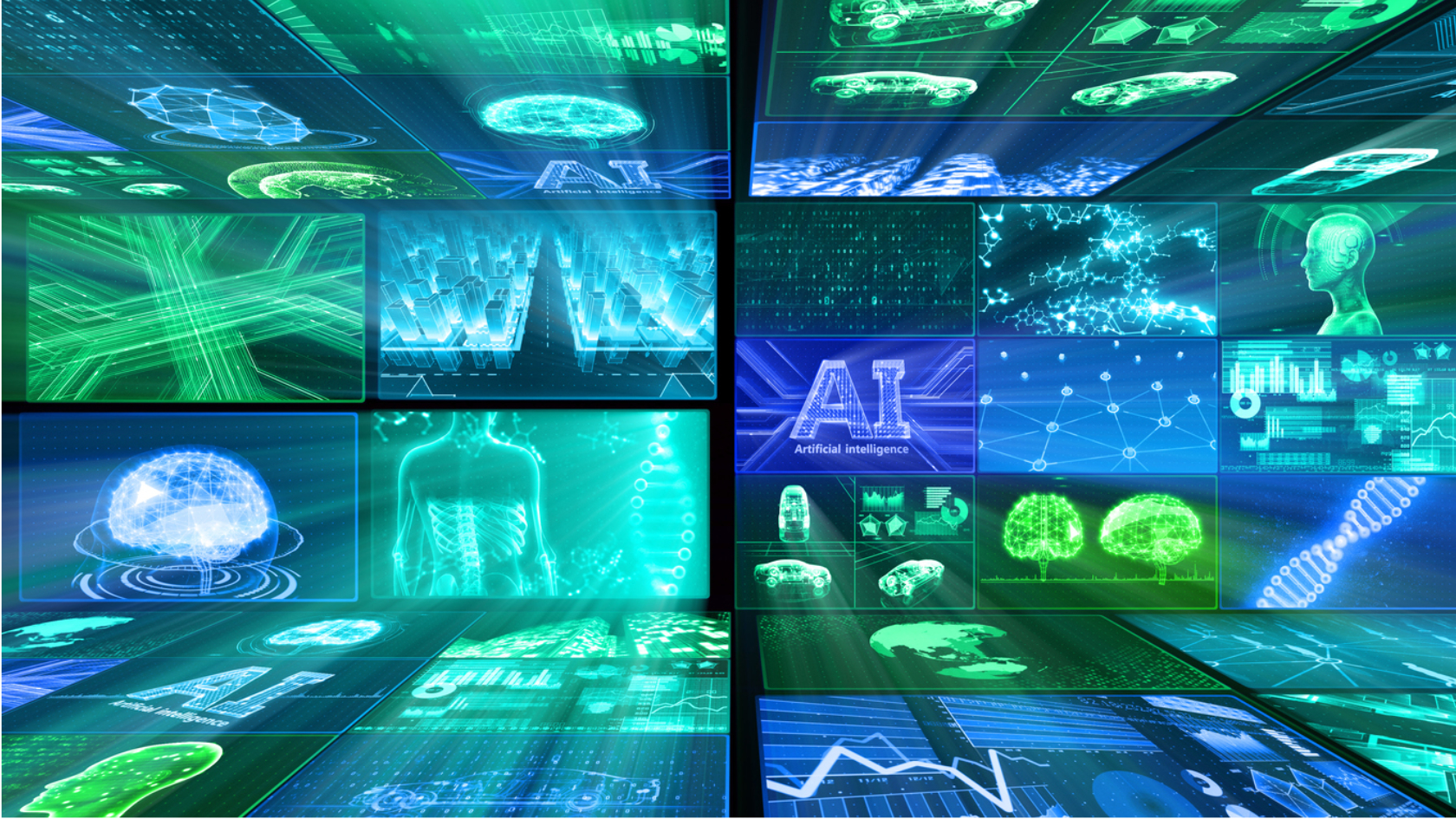
Half of Swiss Population Wary When AI Reports on Science
The majority of the Swiss public supports scientific research and condemns attacks on science, according to the 2025 Science Barometer survey conducted by the University of Zurich. Most people in Switzerland use artificial intelligence, but many approach it with caution.
-
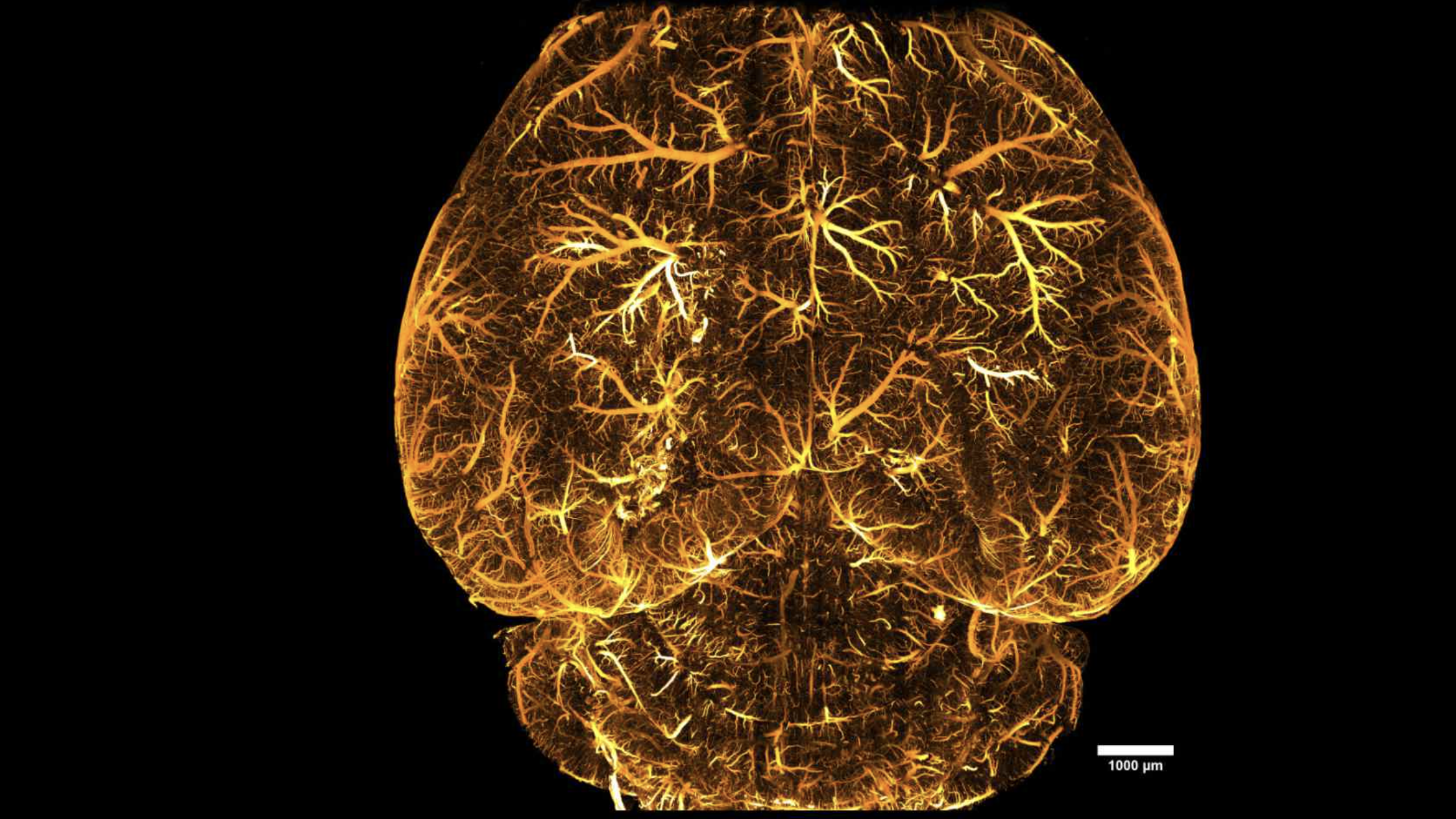
Watching the Brain Learn
Modern imaging is contributing significantly in giving us a better and better understanding of how our brains work. In the long term, this will also help us to treat learning disorders in a more targeted way and develop new learning methods. Techniques for doing this are being developed at UZH.
-
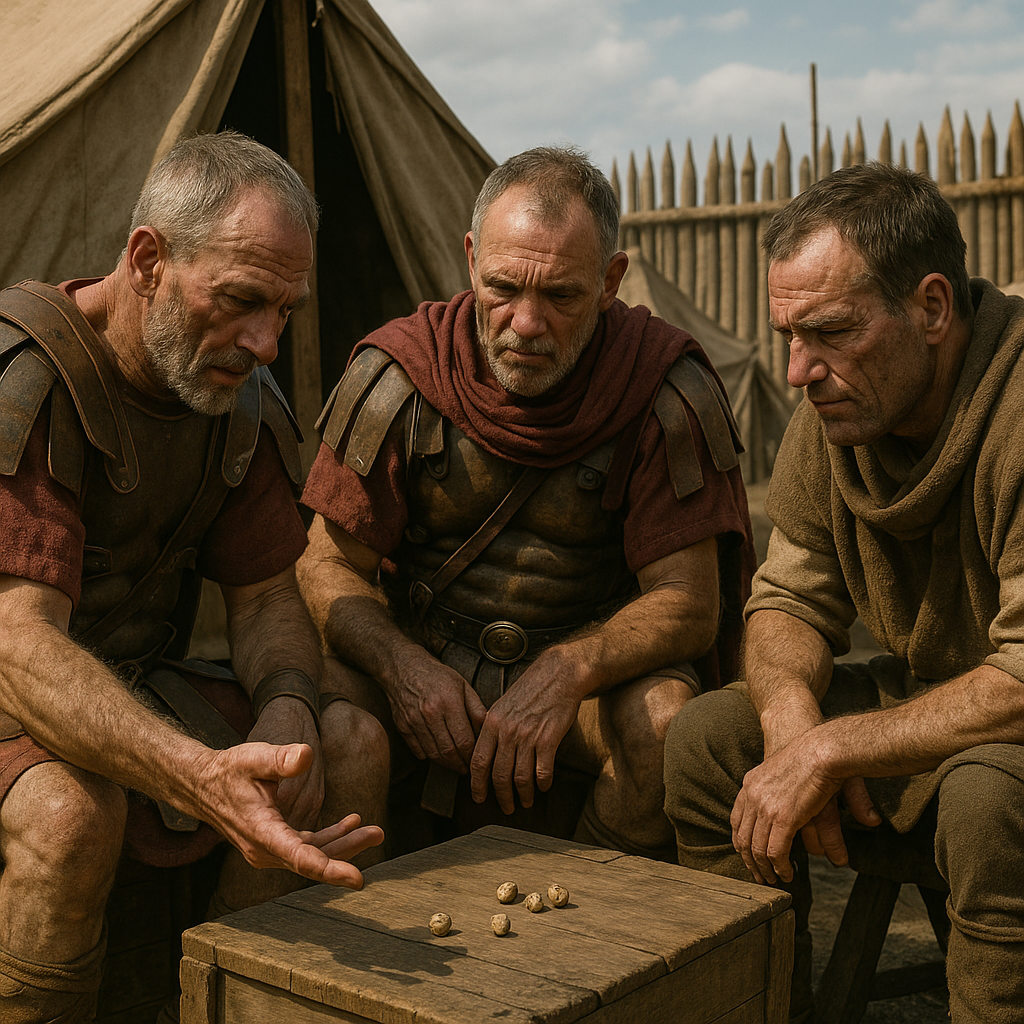
When AI Meets Ancient Rome
A centurion wearing sneakers and shades? AI image generators sometimes take serious liberties with history. Researchers in classical studies have now developed a tool that creates images of antiquity that are grounded in history, offering fresh insights and perspectives.
-
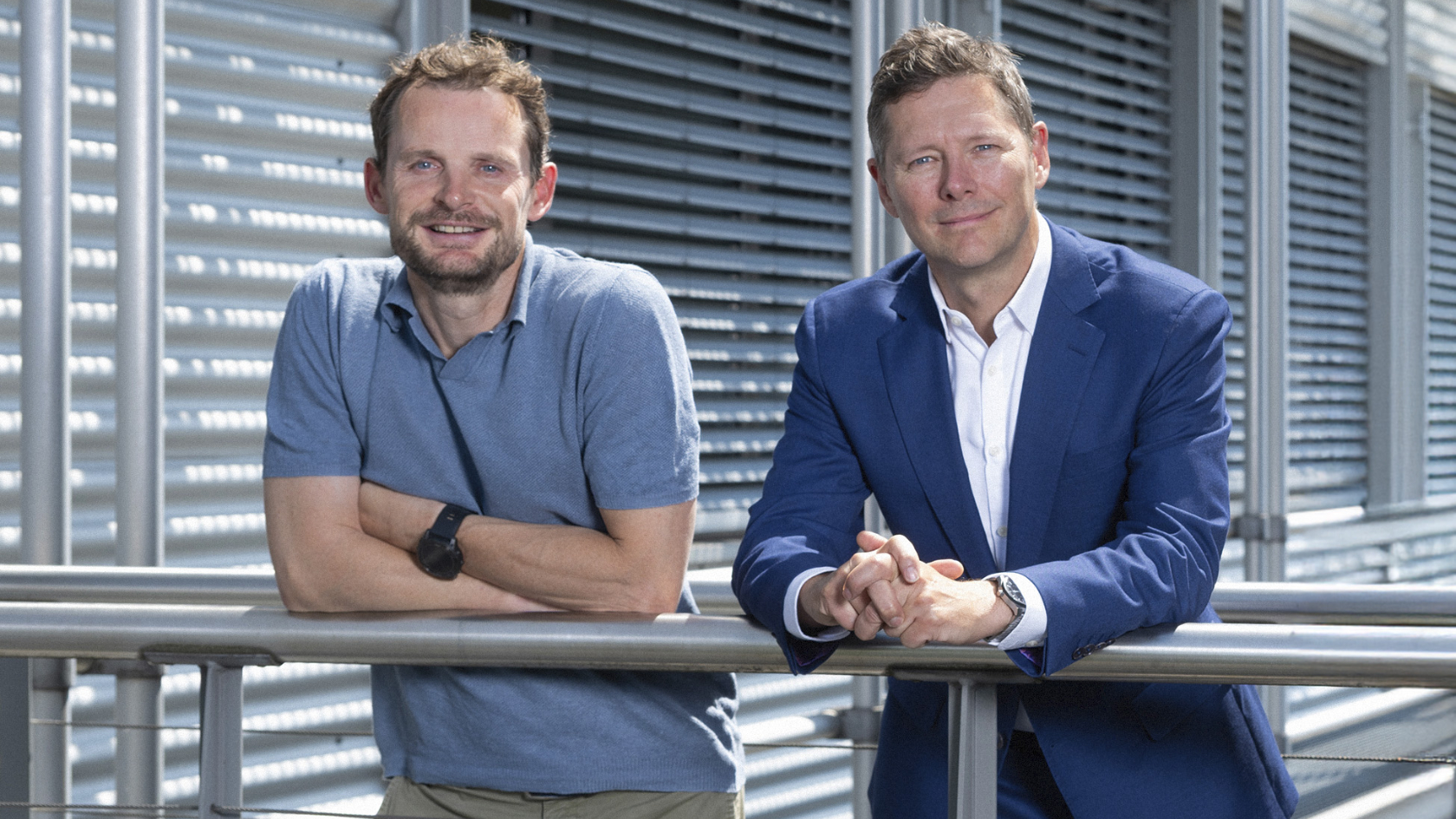
The Google Maps of Cell Analysis
Lucas Pelkmans and Michael Zering are the masterminds behind Apricot BIO, a University of Zurich spin-off. They developed a process that quickly determines the right medication for cancer patients. This provides physicians with valuable information to help them offer personalized medication-based treatment.
-
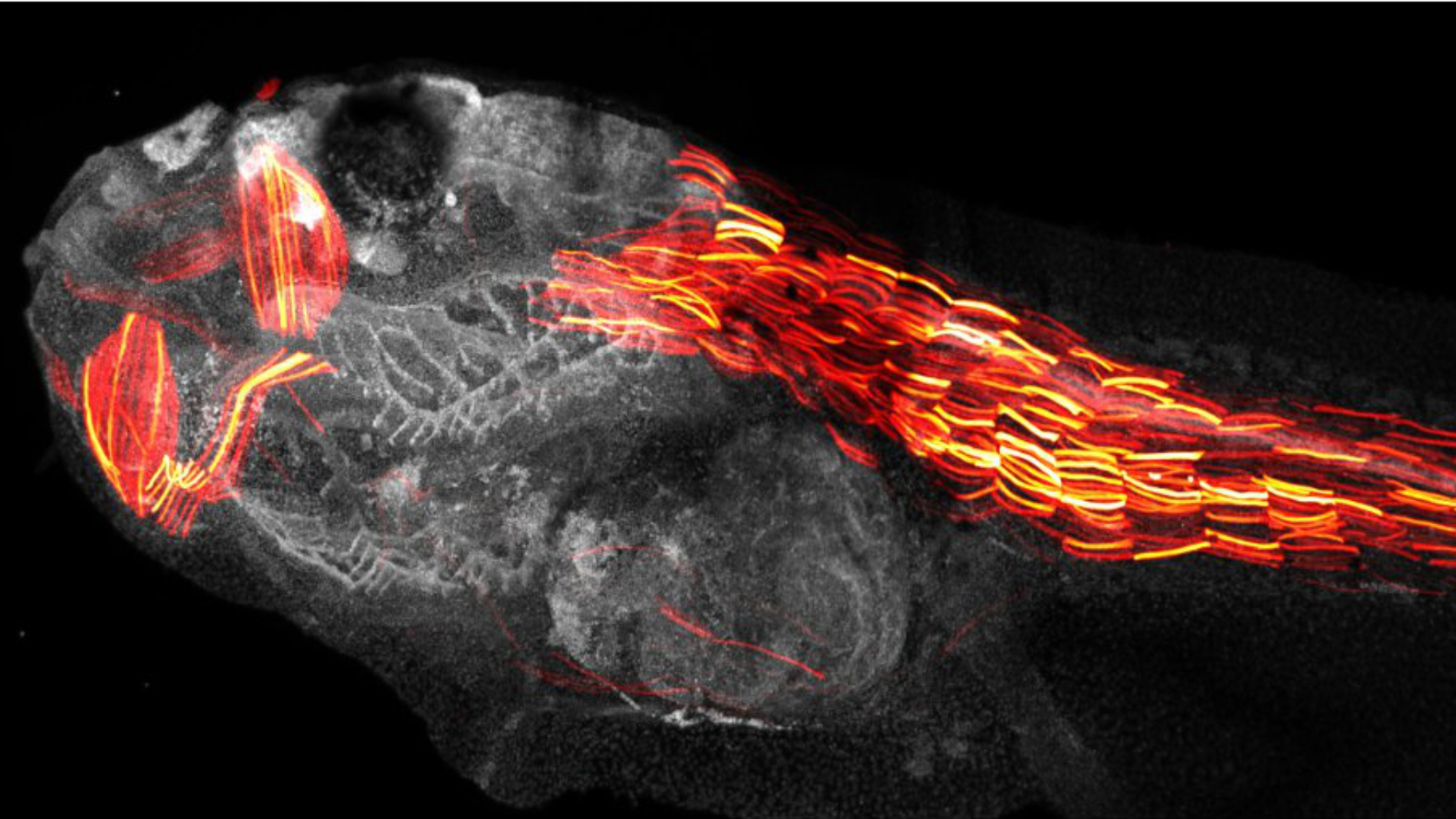
AI Meets CRISPR for Precise Gene Editing
A research team headed by the University of Zurich has developed a powerful new method to precisely edit DNA by combining cutting-edge genetic engineering with artificial intelligence. This technique opens the door to more accurate modeling of human diseases and lays the groundwork for next-generation gene therapies.
-
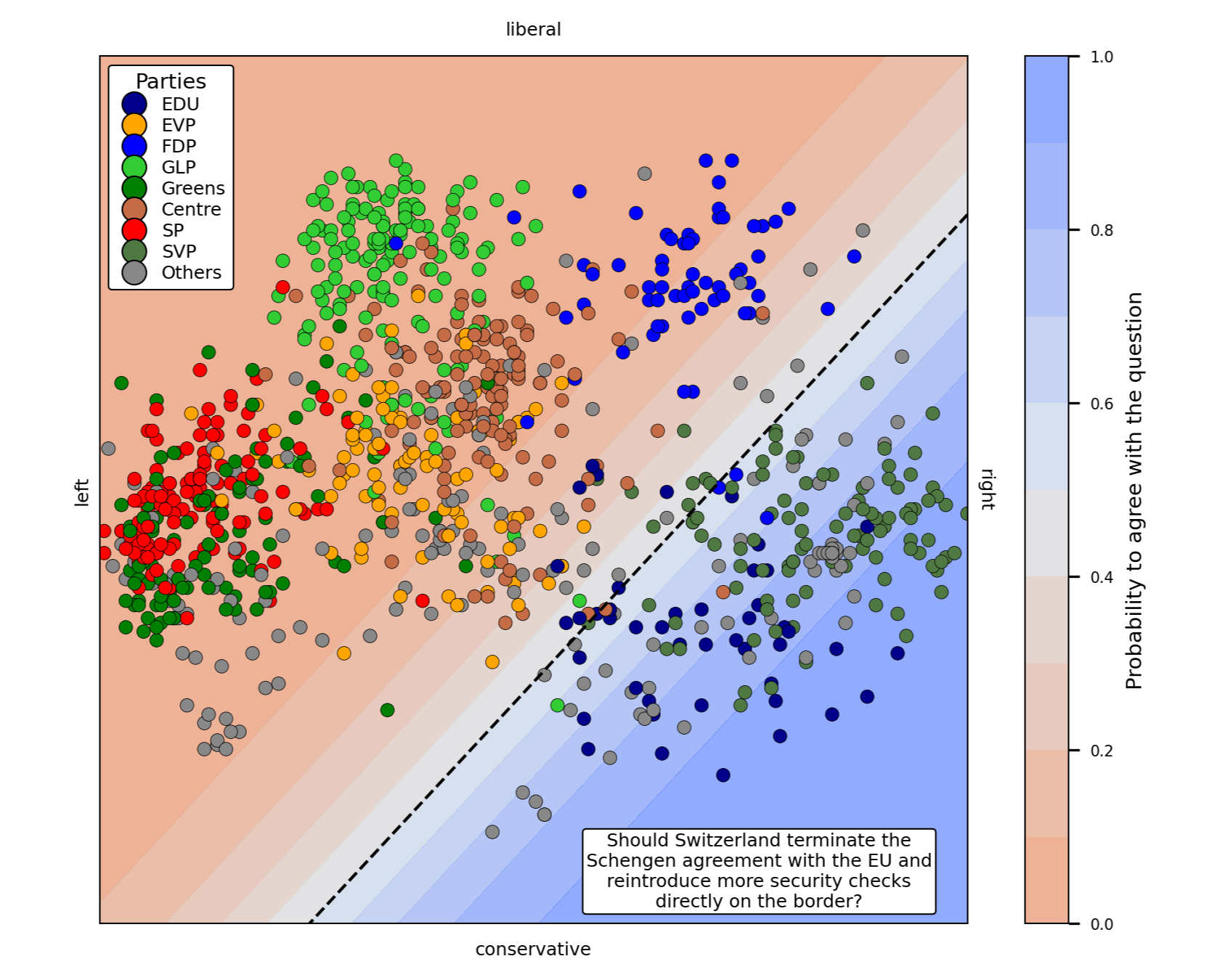
A Faster Path to Tailor-Made Voting Advice
Many undecided voters use the Smartvote online platform ahead of elections to identify candidates that best match up with their political views. Researchers at the University of Zurich (UZH) have now developed an algorithm aimed at improving the quality of voting advice even if the questionnaire is only partially filled out.
-

False Heroes and a Disappearing Soldier
AI image generators are like wish fulfillment machines, says Roland Meyer. He is researching how our perception of images is shifting in the digital world and why the political right loves AI-generated imagery.
-
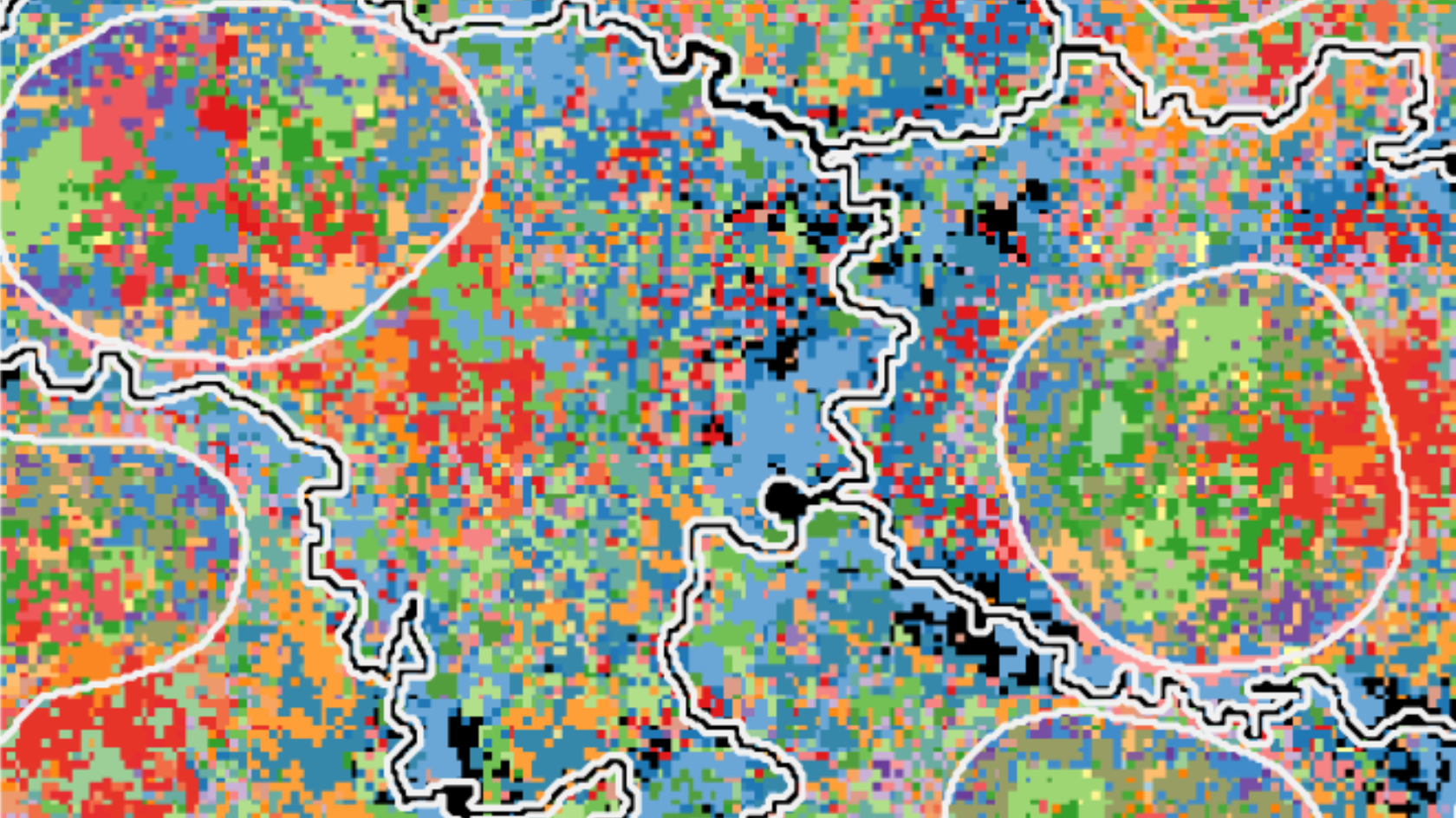
A High-Resolution View of Cancer Cells
For roughly 400 years, microscopes have allowed us to observe increasingly smaller details. Today’s most advanced instruments can peer deep into living cells, helping researchers study diseases such as cancer and improve therapies. Several research groups at UZH are working toward this goal.
-
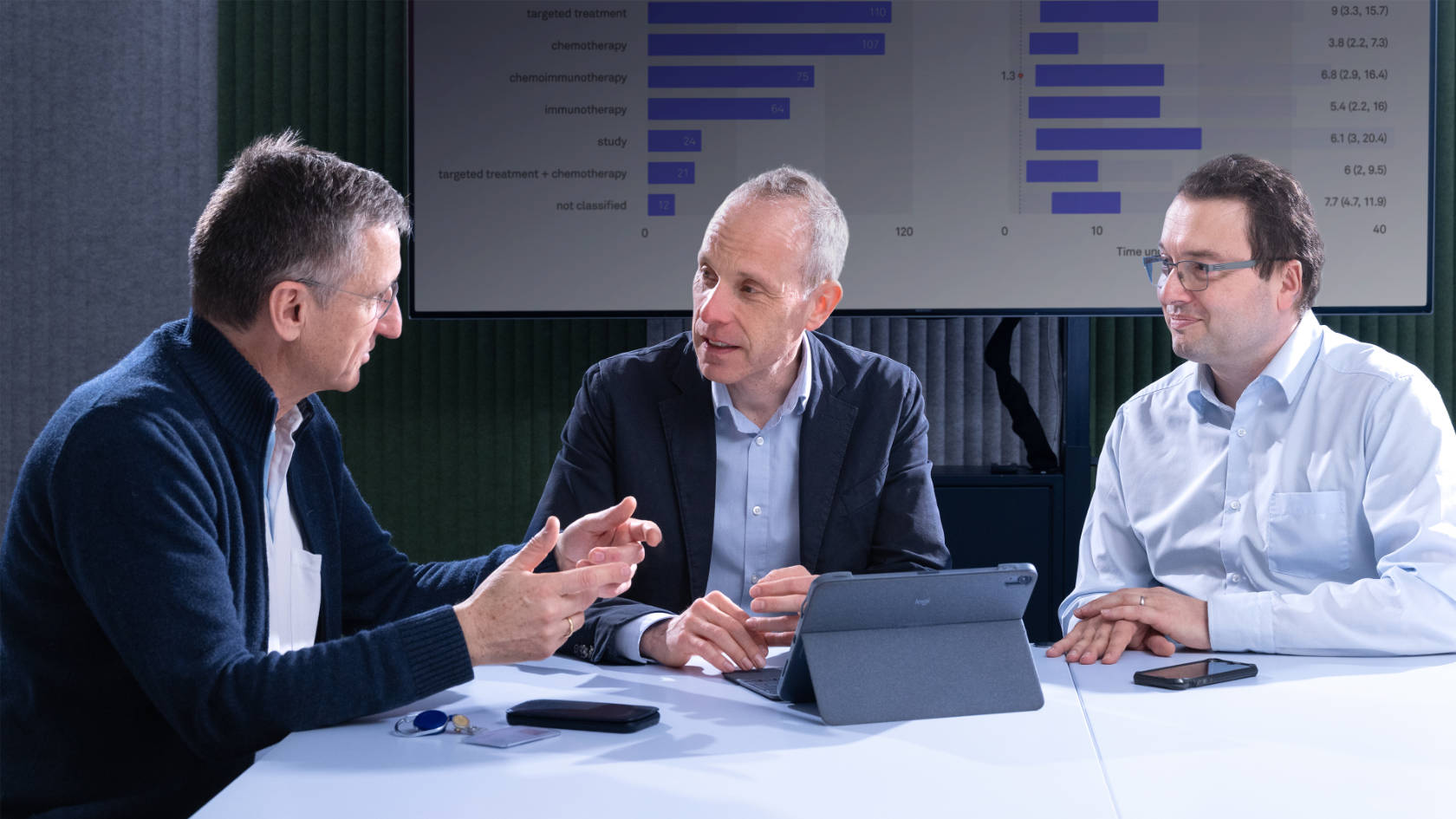
Digital Assistant for Cancer Treatment
Artificial Intelligence (AI) has the ability to advance precision cancer treatment by using data to predict the course of the disease with greater accuracy. This saves resources and, more importantly, precious time. The “AI tumor board” will help to establish AI at both the University Hospital and the University Children’s Hospital in Zurich.
-
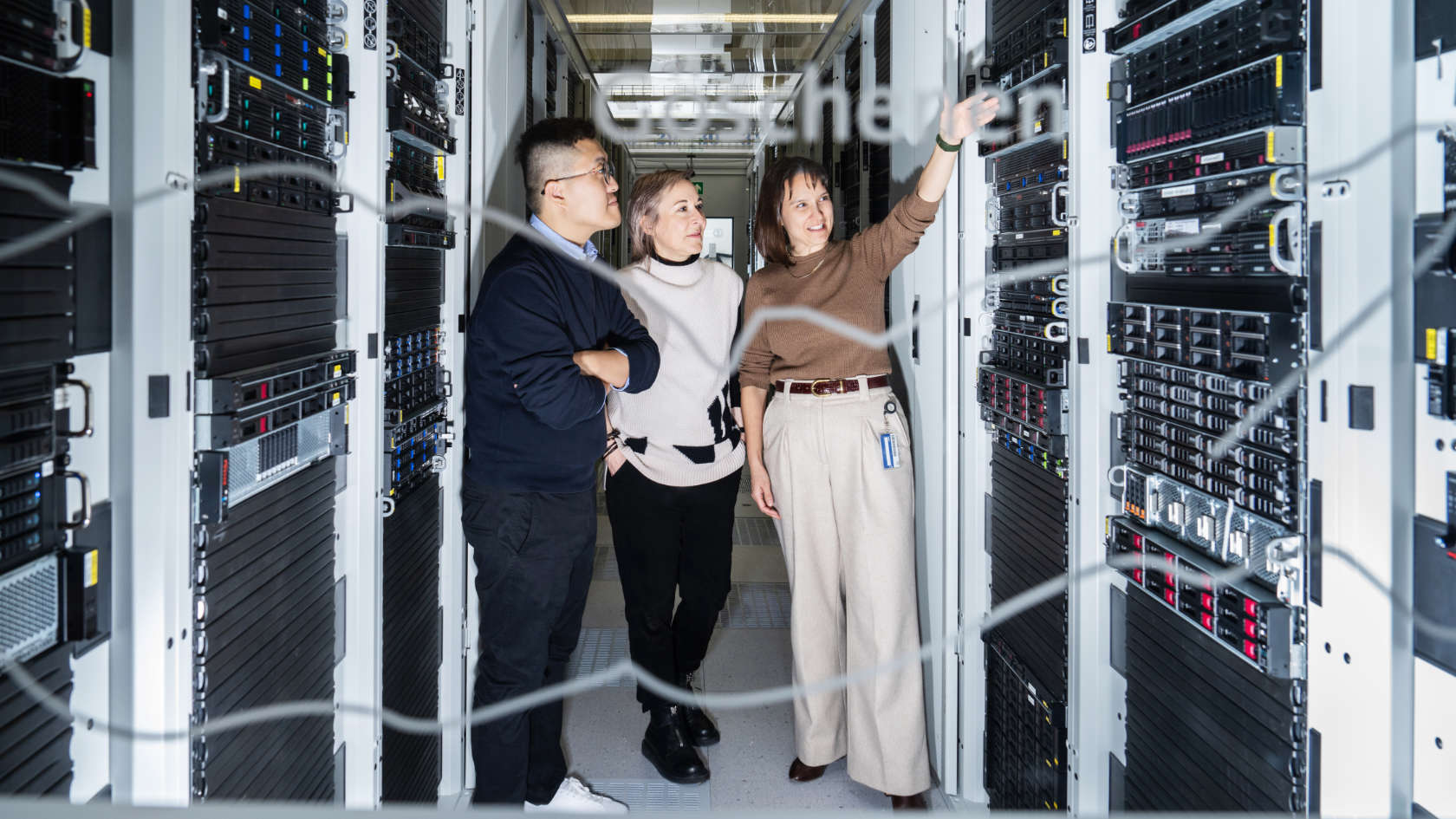
Navigating a Sea of Data
Processing, storing and ensuring access to large amounts of data is becoming increasingly important for many researchers. The Data Stewards Network at UZH is there to help them find their way through the data jungle.
-
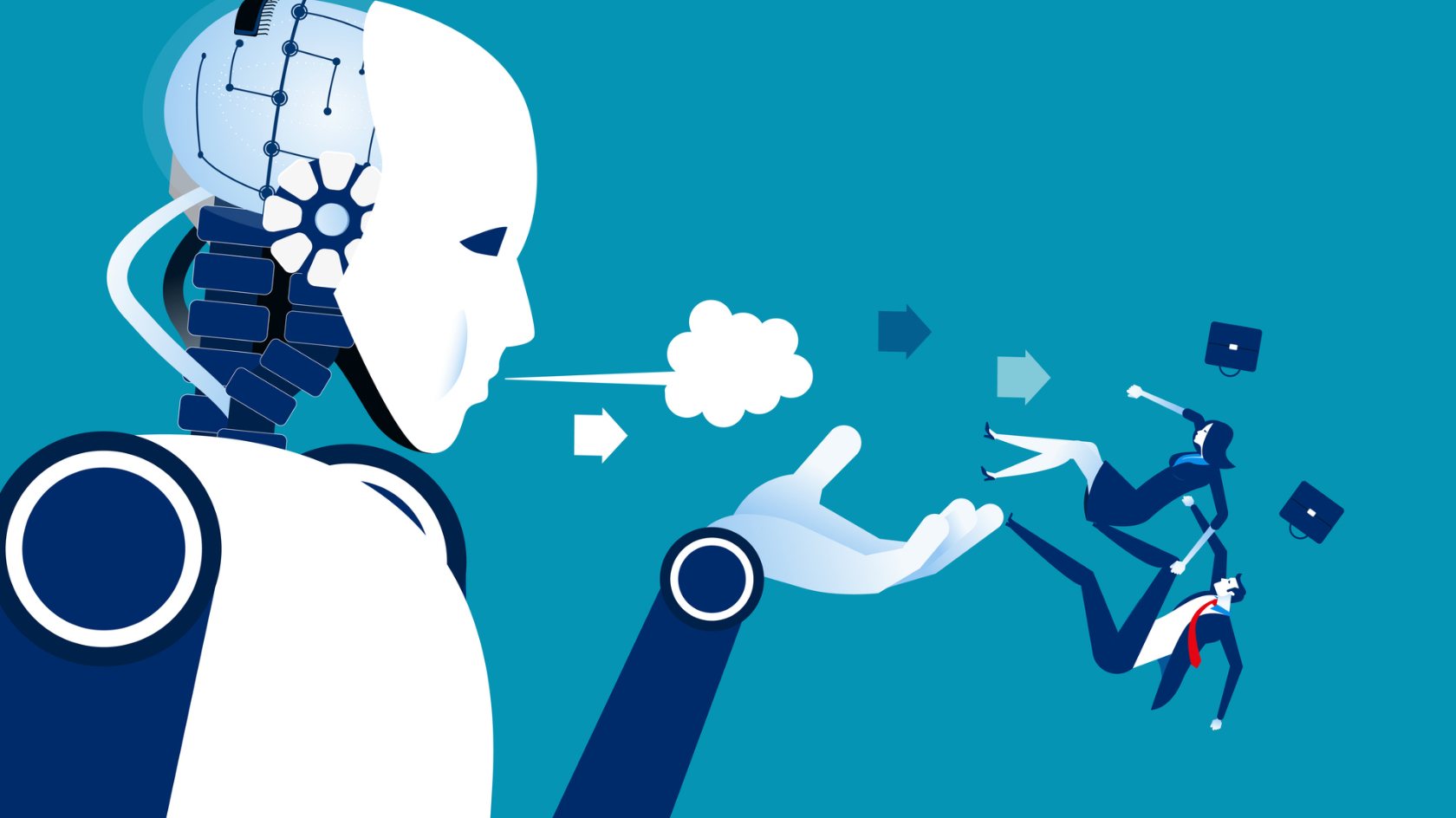
Current AI Risks More Alarming than Apocalyptic Future Scenarios
Most people generally are more concerned about the immediate risks of artificial intelligence than they are about a theoretical future in which AI threatens humanity. A new study by the University of Zurich reveals that respondents draw clear distinctions between abstract scenarios and specific tangible problems and particularly take the latter very seriously.
-
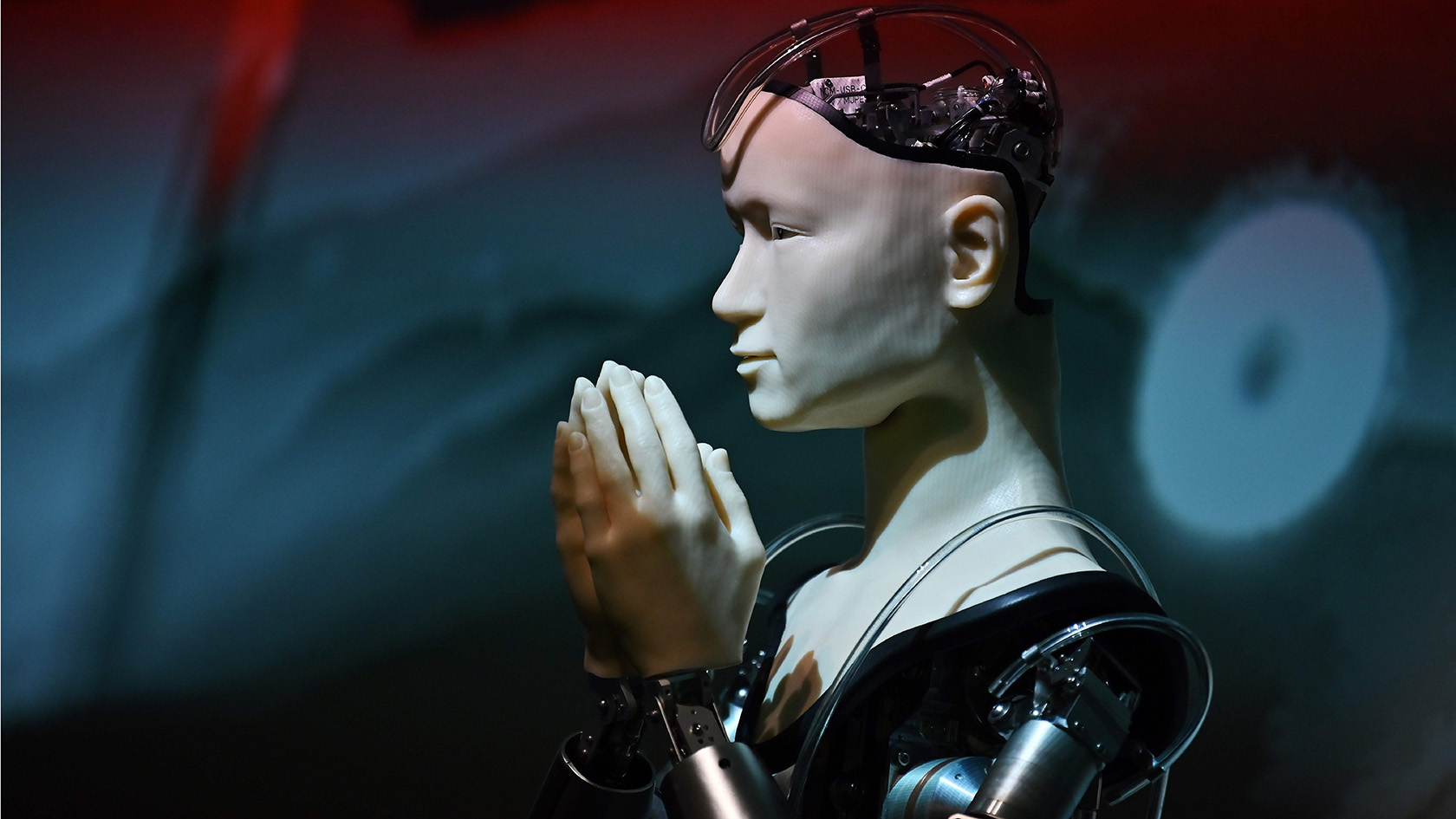
Artificial Intelligence: Between Demons and God
An avatar priest, praying via app and artificial intelligence as a deity: UZH anthropologist Beth Singler researches the interplay between AI and religion.
-
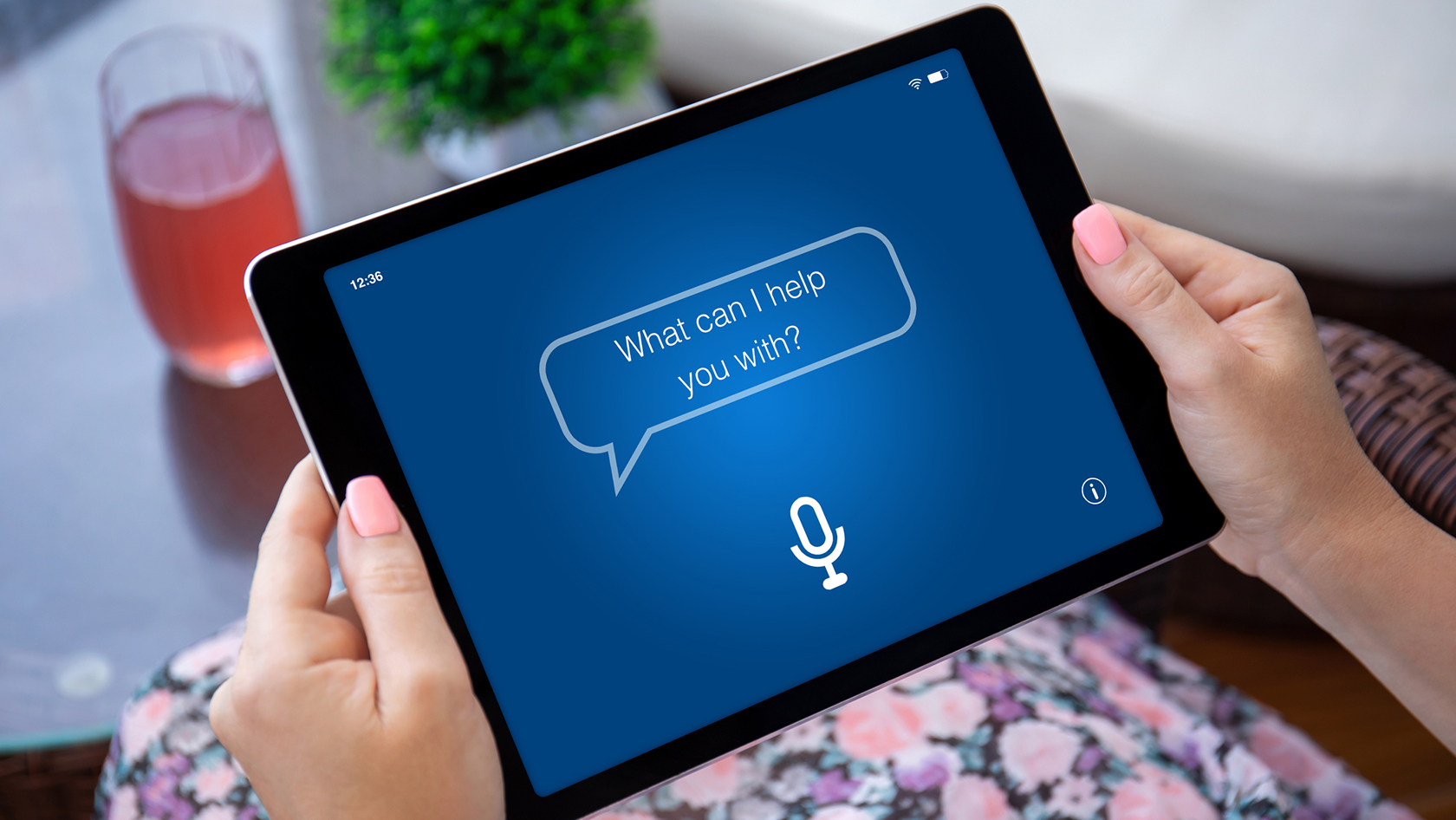
ChatGPT on the Couch? How to Calm a Stressed-Out AI
Distressing news and traumatic stories can cause stress and anxiety – not only in humans, but also in AI language models, such as ChatGPT. Researchers from the University of Zurich and the University Hospital of Psychiatry Zurich have now shown that these models, like humans, respond to therapy: an elevated “anxiety level” in GPT-4 can be “calmed down” using mindfulness-based relaxation techniques.
-
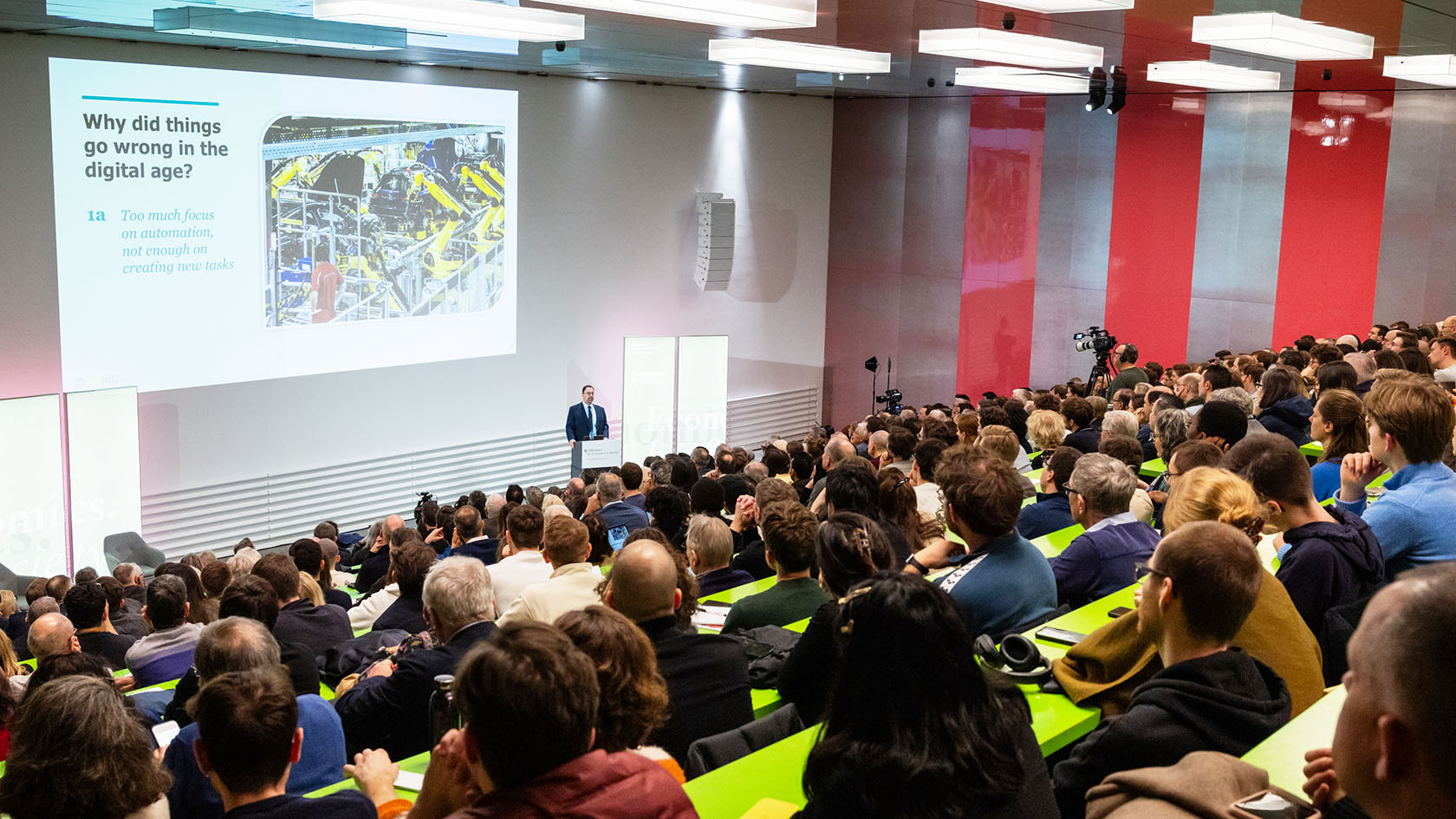
“Whoever controls Artificial General Intelligence, controls the world”
Artificial intelligence has lately been reshaping nearly every sector of the economy, raising profound questions about the future of work, wealth, and power. Will these advancements enhance the intelligence and performance of human beings, or will they deepen inequality and keep on establishing power among a privileged few?
-
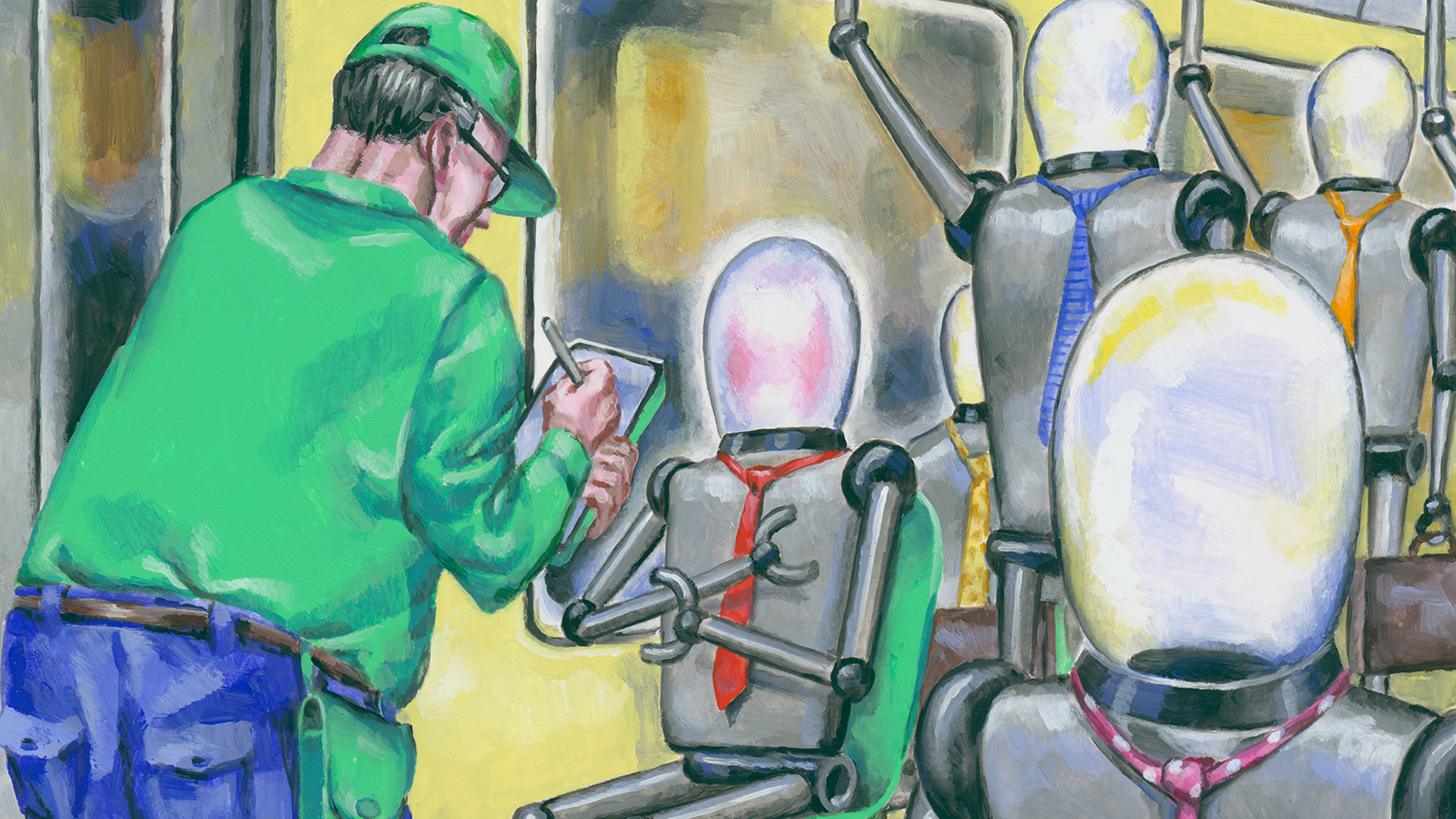
AI Shifts Power
Machines are not yet capable of thinking like we do. But if artificial intelligence evolves further and does everything better than humans can, it raises questions about what that means for society and whether humans will stay in control.